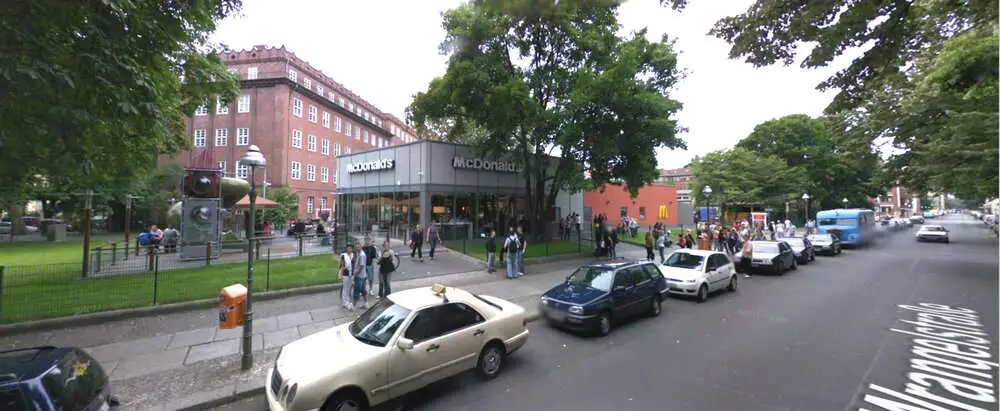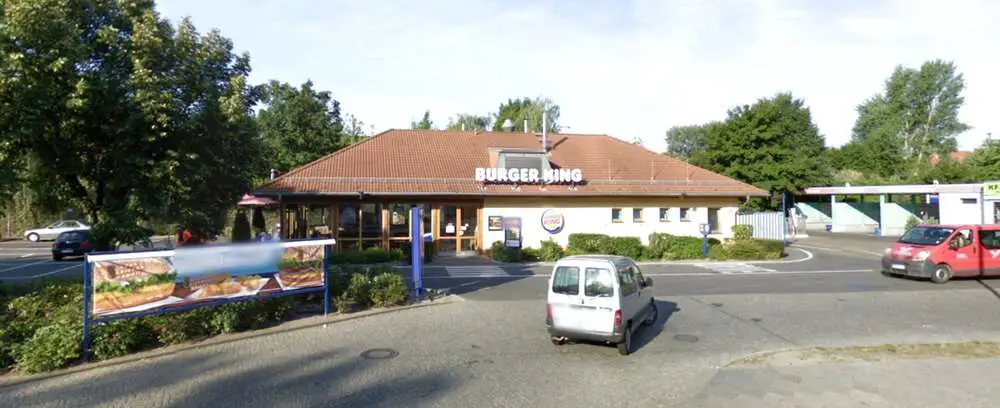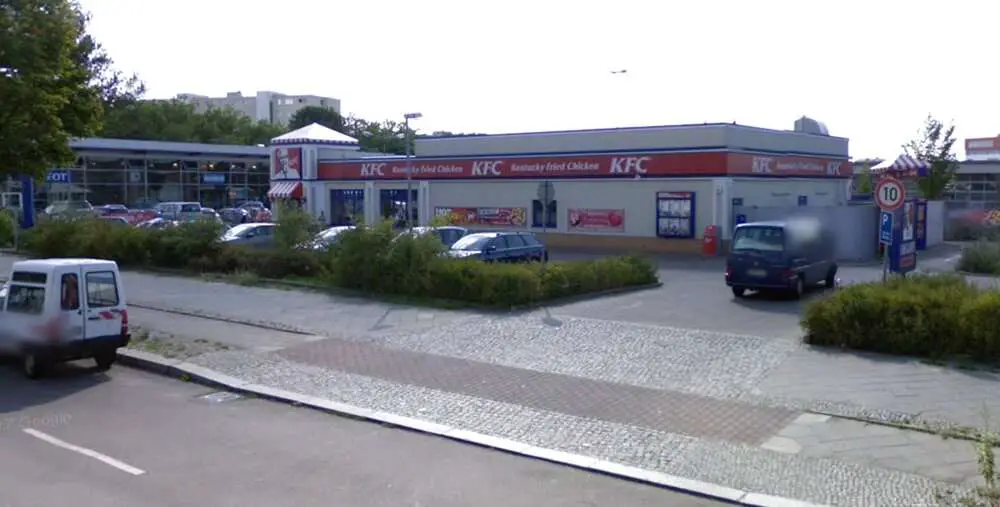Thousands of new apartments should be built above fast food restaurants like McDonald’s to solve city housing shortages, politicians in Germany have urged.

Left-wing members in the capital Berlin say the brownfield sites would solve a chronic housing shortage in the city without having to find new land for building.
Germany’s Left party says the new apartments could be built over one-storey fast-food eateries freeing up other sites in the city.
Left politician and mayor of Lichtenberg, Michael Grunst, 52, explained that they already identified about 30 locations in East Berlin alone where the plan could be implemented.
He further claimed that hundreds of basic apartments could be built on the sites.
Berlin House of Representatives member Sebastian Schluesselburg agreed with Grunst and said: “We’re not building inner courtyards here, we’re just using sensible potential – if the owners go along with us.”
The proposal was greatly welcomed by the lefties’ coalition partner, the Social Democratic Party of Germany (SPD).
SPD politician and Senator for Urban Development, Construction and Housing in Berlin, Andreas Geisel, 56, said that all possible locations were being looked at on Monday, 16th January.

He claimed that the idea made complete sense as apartments built on top of supermarkets contributed to an increase of around 500 new housing estates per year.
Global commercial real estate services Colliers estimated that there is a shortage of about 100,000 apartments in Berlin, while a total of 700,000 in the whole country as of 2022.
The Christian Democratic Union of Germany (CDU), which currently serves as the opposition, agreed with the proposal but criticised the lefties for not completely exploiting the housing potential of the supermarkets.
They claimed that even though a total of 330 supermarkets were found suitable for the housing projects, only a hundred projects were planned so far.

CDU politician Dirk Stettner, 53, said: “Owners must be actively addressed and encouraged. Then you can make arrangements with them that affordable housing is created.”



